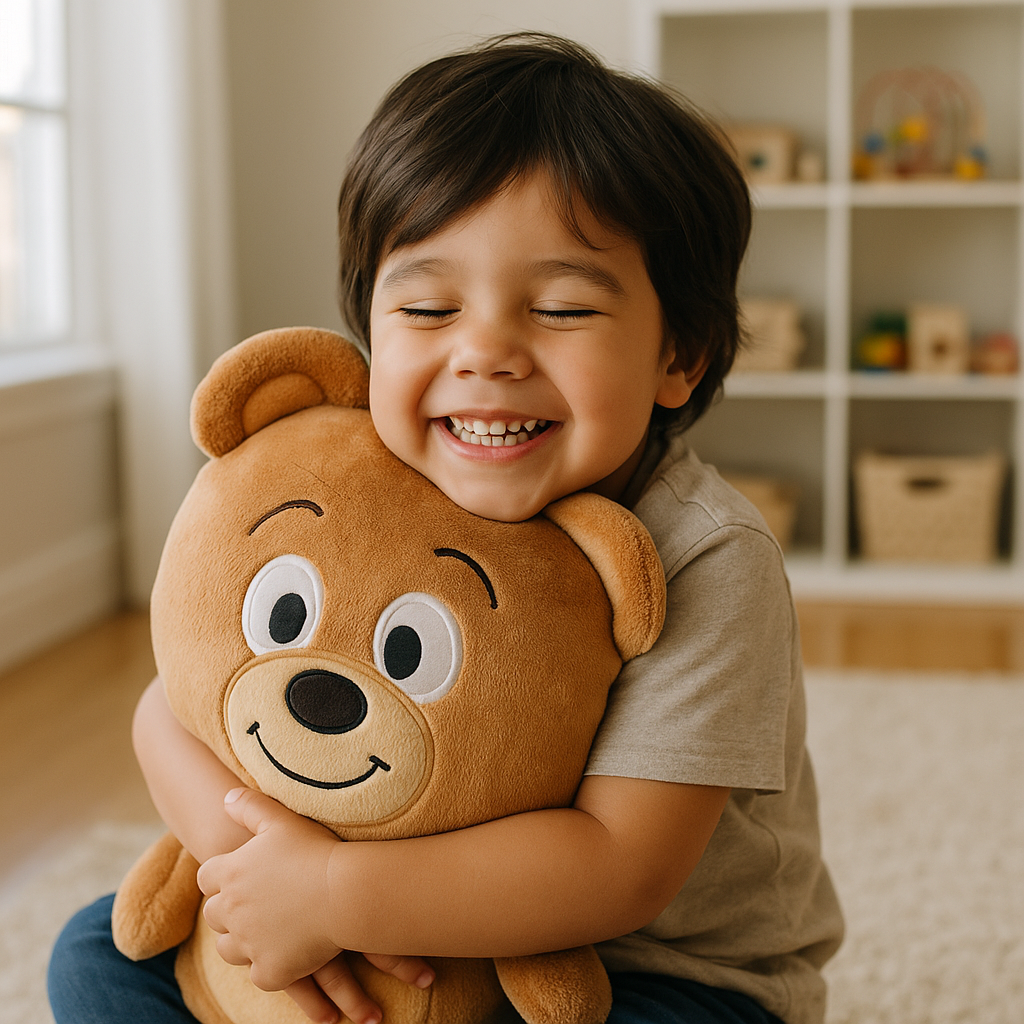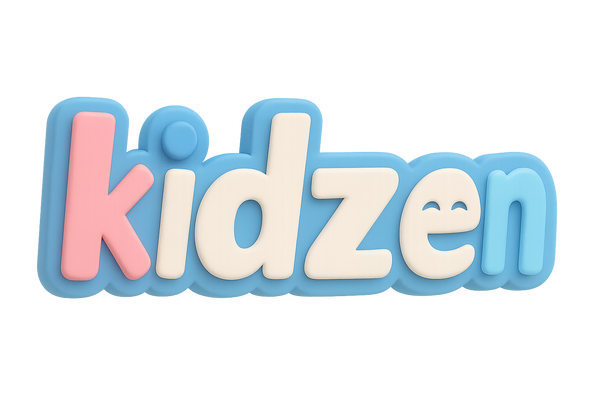
Familiar Faces, Calm Minds: The Emotional Comfort of Beloved Characters
Share
When a child walks into a room and spots their favorite character on a pillow, toy, or wall decal, something magical happens. Their eyes light up—not just with excitement, but with a sense of safety. That friendly cartoon face isn't just decoration—it’s an anchor in a world that’s still very new and big to them.
Why Familiar Characters Matter
Children thrive on predictability and routine. Psychologist Jean Piaget emphasized that in early childhood, children rely on concrete experiences to understand the world. Recognizing familiar characters gives them a sense of control and comfort, especially in unfamiliar or overwhelming environments (Piaget, 1952).
Imagine entering a new daycare and seeing your favorite stuffed animal waiting there. That’s how powerful character recognition is for children—it turns anxiety into excitement.
Emotional Bonding with Characters
Studies in developmental psychology suggest that children form emotional attachments to media characters similarly to how they bond with real people (Richert et al., 2010). These "parasocial relationships" help kids feel less alone and more secure, especially when separated from caregivers.
Characters like Peppa Pig, Bluey, or Spider-Man become emotional companions. Kids may talk to them, hug their plush versions, and feel reassured by their presence.
Daily Life Integration
Having familiar characters in their surroundings—on lunchboxes, blankets, or wall posters—can:
-
Reduce stress during transitions (e.g., from home to school)
-
Encourage independent play
-
Support emotional regulation during tantrums or bedtime
A study in Child Development even found that children exposed to supportive media content exhibited improved social-emotional skills over time (Linebarger & Vaala, 2010).
It’s More Than Just Merch
Some may worry this is all marketing—but when used intentionally, character-based items are emotional tools. They're part of a child’s support system, especially in environments like hospitals, travel, or new schools.
